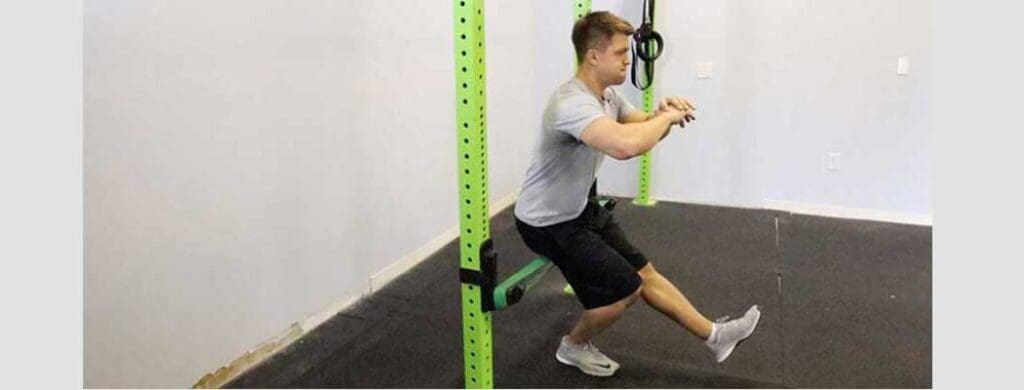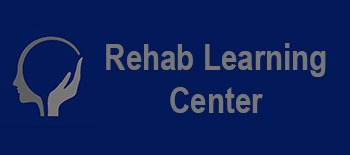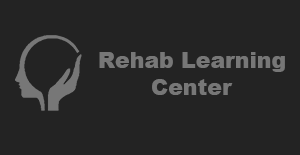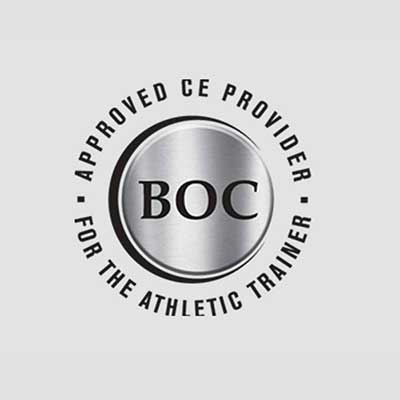PHYSICAL THERAPY COURSE IN YOUR CLINIC.

HOST A PHYSICAL THERAPY COURSE:
Stop the Guessing Game: Making Sound Decisions on Return to Sport Determination for the Lower Extremity Injured Athlete
COURSE DESCRIPTION:
You can host this physical therapy course in your clinic, titled Stop the Guessing Game: Making Sound Decisions on Return to Sport Determination for the Lower Extremity Injured Athlete.
The rate of return to sport (RTS) post-surgery for most lower extremity injuries is not completely clear as it is often difficult to discriminate between RTS and return to playing at the previous level of sporting activity. Recent publications have attempted to clarify this discrepancy, but require further elucidation.
Current literature suggests limited utilization of RTS testing in many post-surgical lower extremity injuries. The rates of re-injury, as well as the discriminatory ability of RTS testing, after some of these surgical procedures is often difficult to ascertain. Dr. Reiman is a physical therapist and athletic trainer who has published much of this literature in attempts to clarify how best to implement and utilize RTS and return to play rates, as well as currently suggested RTS testing.
Return to sport of a non-surgical lower extremity pathology is complicated by limited correlation between imaging findings and functional performance. Making RTS decisions is therefore quite complicated and multi-dimensional. In this course, Dr. Reiman will present the current RTS literature and provide a best evidence synthesis for which the participant can determine RTS capability across various LE injuries. A large component of this course will be to demonstrate, perform and utilize various RTS testing, discuss progression and assist in shared decision-making.
We will utilize real case examples. Group and individual decision making will be encouraged.
COURSE OBJECTIVES:
- Describe and list contributions of various contextual factors to return to sport across various lower extremity injuries.
- Compare and contrast the following:
- Different limitations for return to sport.
- How contextual factors affect return to sport and how to assess for the potential existence of such contextual factors.
- Different surgical procedure return to sport rates and complications.
- Various personal and environmental considerations relative to specific return to sport.
- Various return to sport tests, their discriminatory capability and performance.
- Appreciate the influence of various patient presentations relative to impairments, activity limitations and contextual factors.
- Describe various shared decision-making decisions relative to various athlete presentations and lower extremity injuries.
CLASS SCHEDULE
Day 1 (7.5 hours)
- Differentiation of return to sport vs return to play. Discussion of various return to sport models and their capability across various lower extremity pathologies.
- Differential diagnosis of non-surgical lower extremity injuries (lab).
- Rehabilitation concerns and parameters across various non-surgical injuries.
- Rehabilitation of various non-surgical injuries and determination of RTS (lab).
- Continue rehabilitation of non-surgical injuries, determination of RTS.
- Case Study.
Day 2 (5.5 hours)
- General outline of various lower extremity surgical procedures and discussion regarding specific concerns relative to procedures. a. Surgical procedure aspects potentially affecting return to sport. b. Prognostic variables for improved surgical outcome relative to return to sport.
- Contextual factors relative to both surgical and non-surgical rehabilitation of the lower extremity injury patient and return to sport (lecture and lab). a. Environmental factors. b. Contextual factors (e.g. motivation, psychosocial, expectation).
- Return to Sport and Activity Considerations (specific to various surgeries) (lab). a. Return to sport testing. b. Case study (examination-lab and discussion).
HAVE US COME TO YOUR LOCATION


